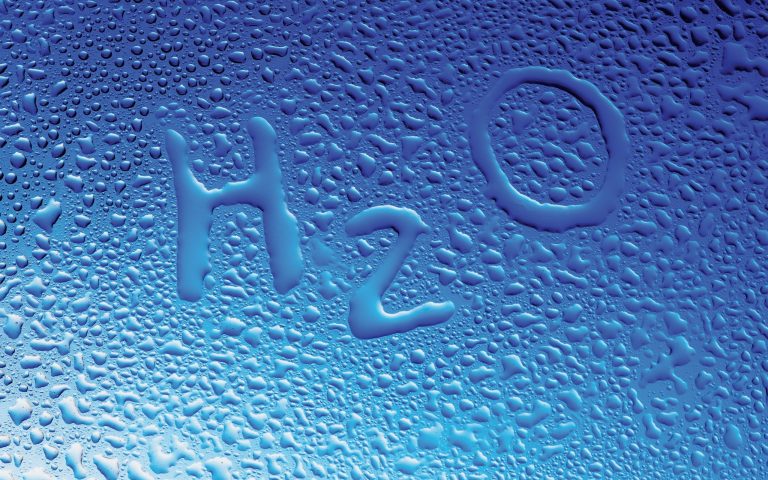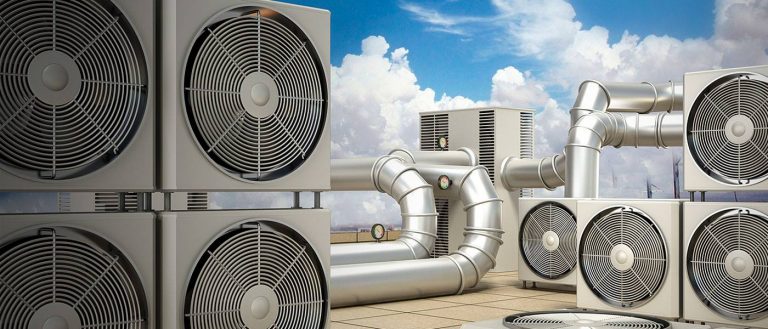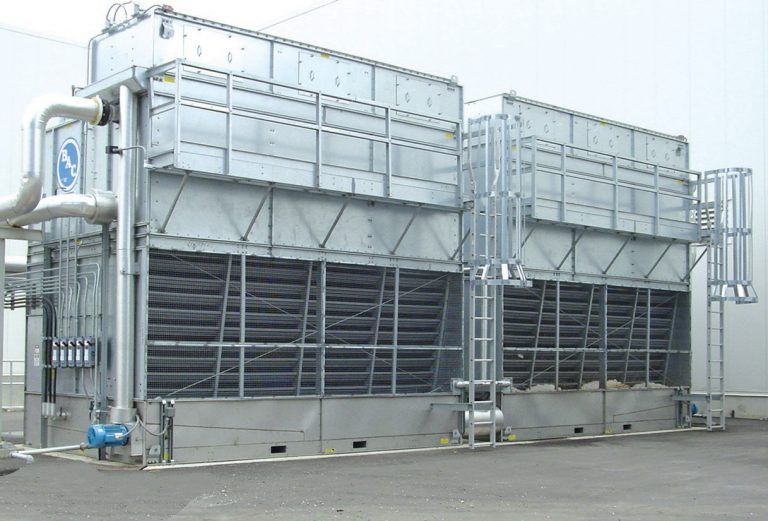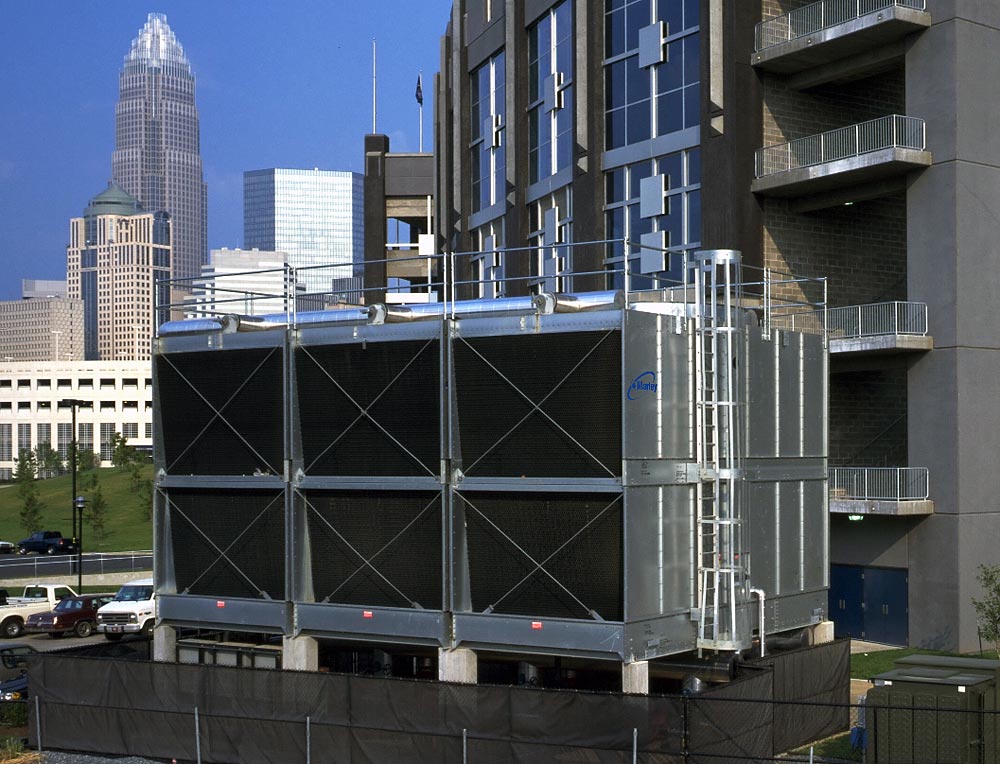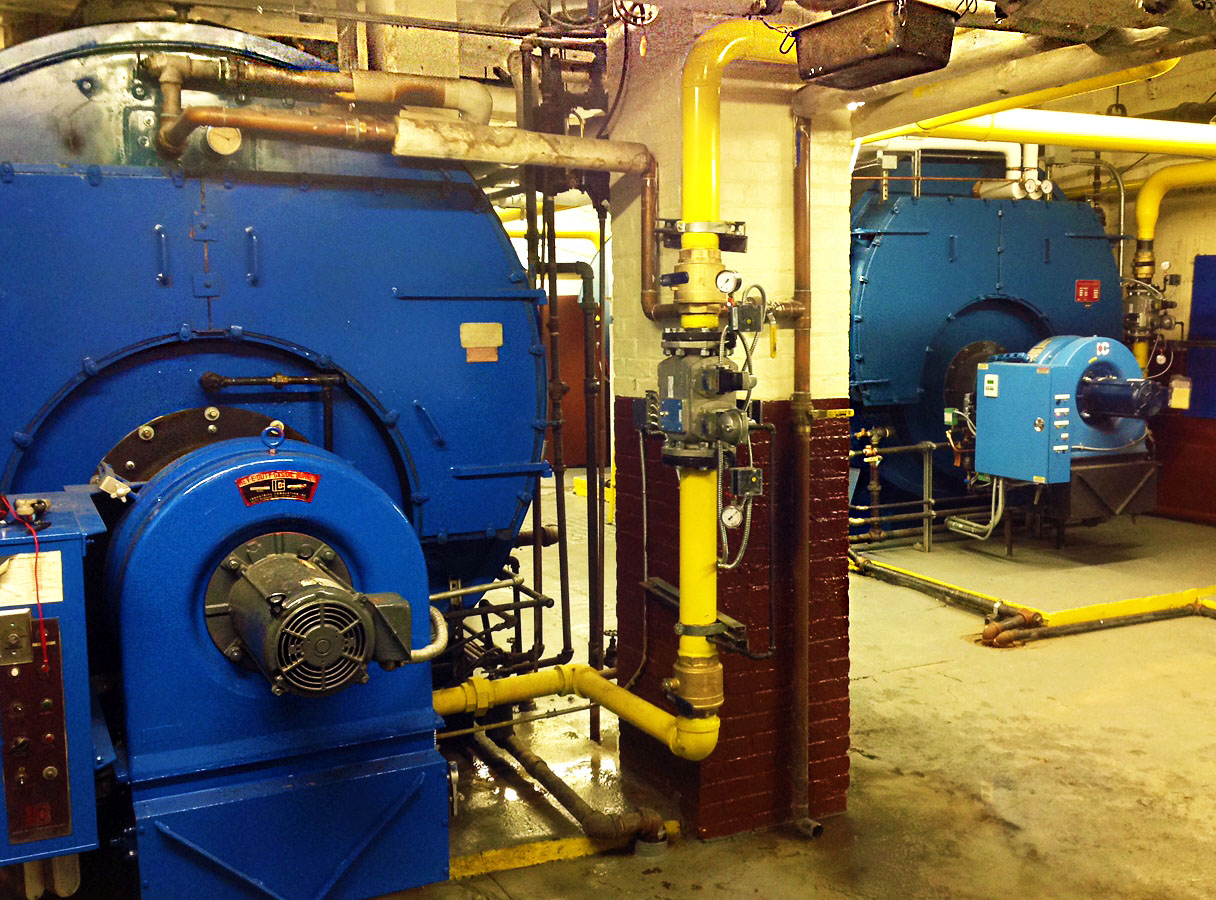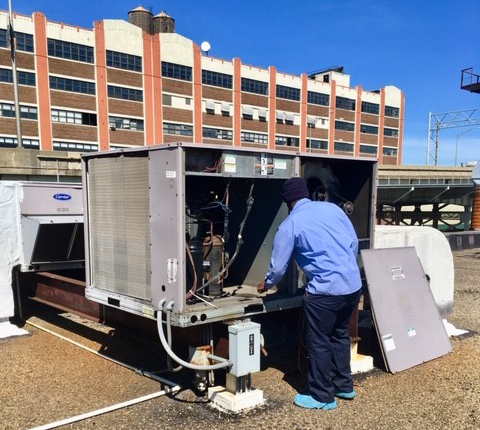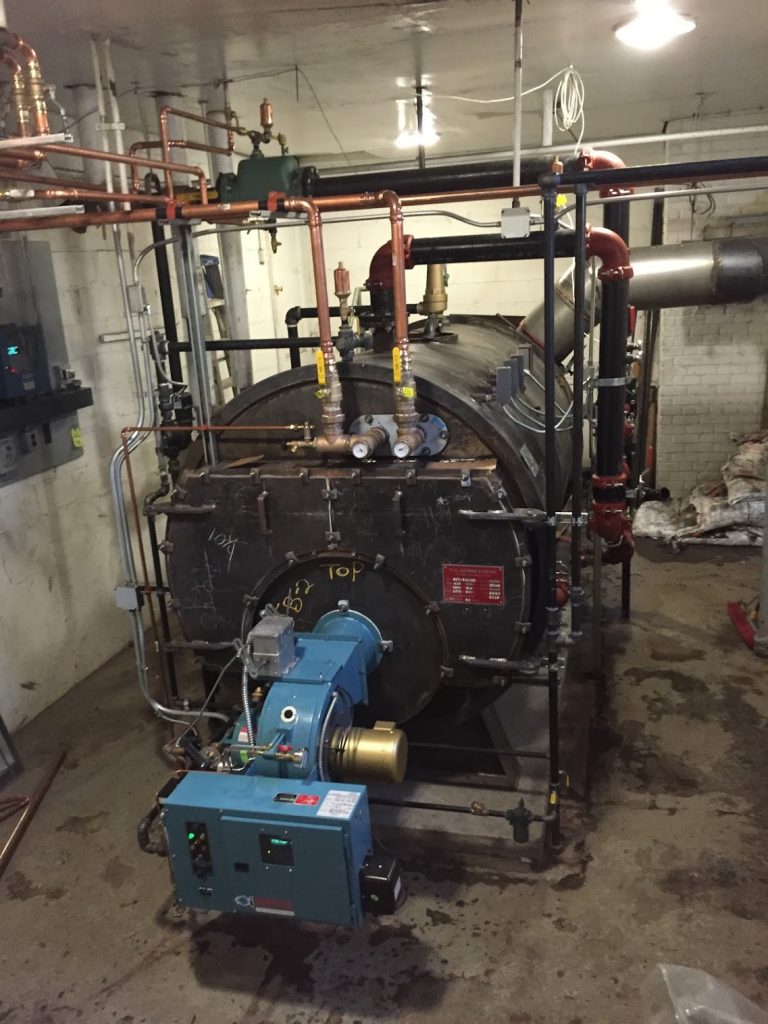
By Luke Wonnell Besides being a wicked awesome band name, the title of this article refers to some 201 level Thermodynamic principles that have a significant impact on the performance of your steam boiler. “Heat flux” defines how much heat transfer occurs through a given material’s surface area and is expressed in (Btu/hr-in2 or W/m2). Think […]

